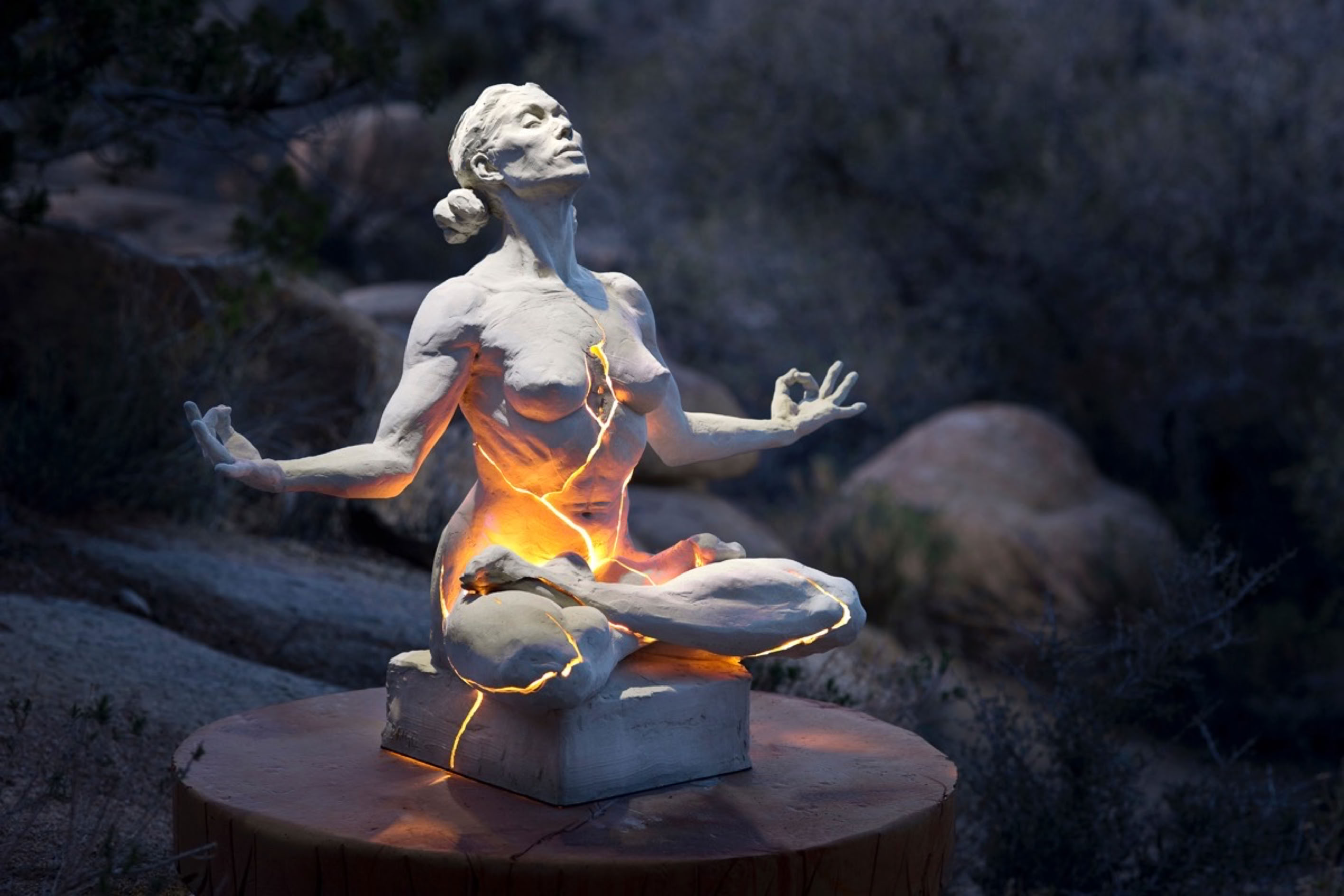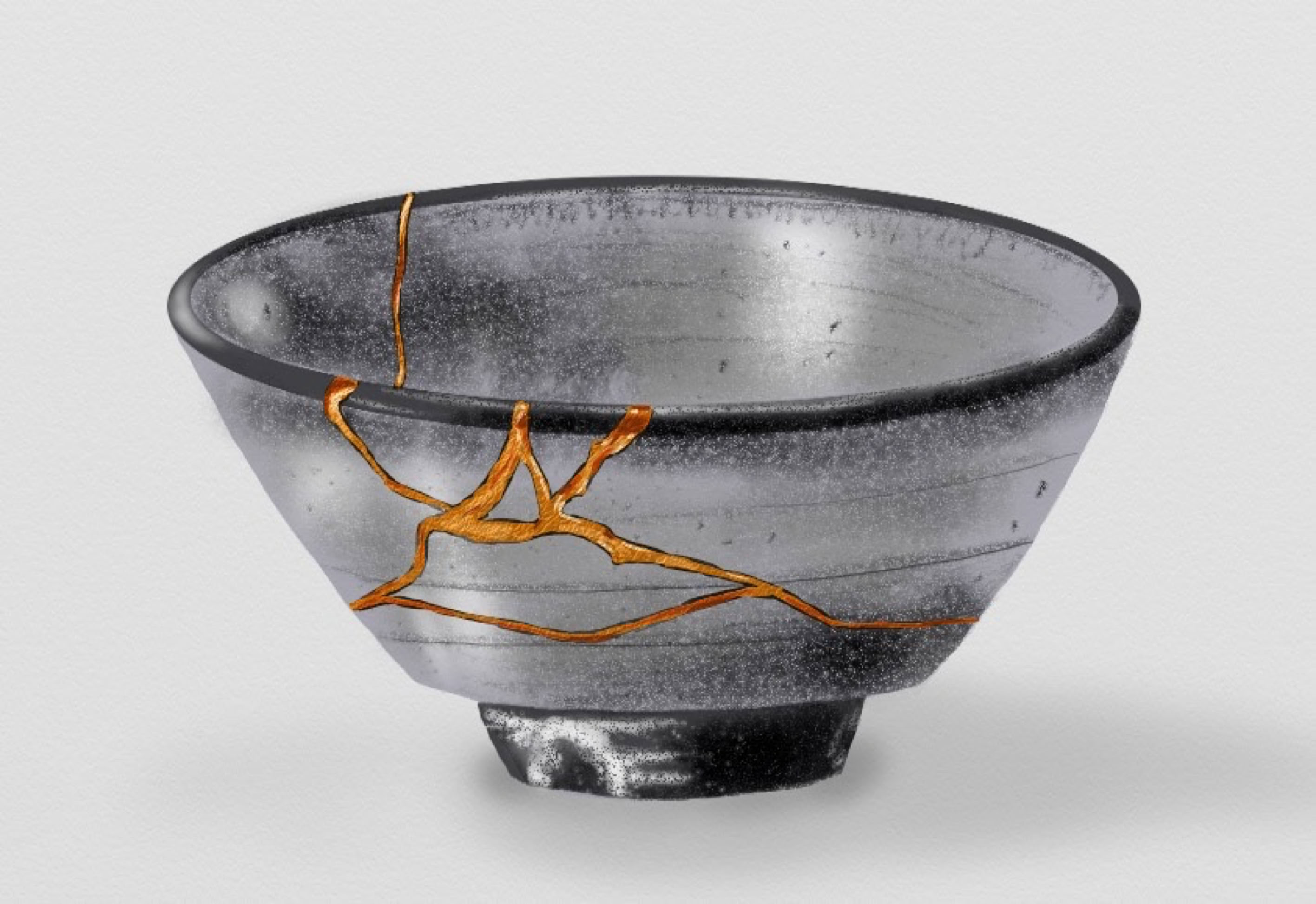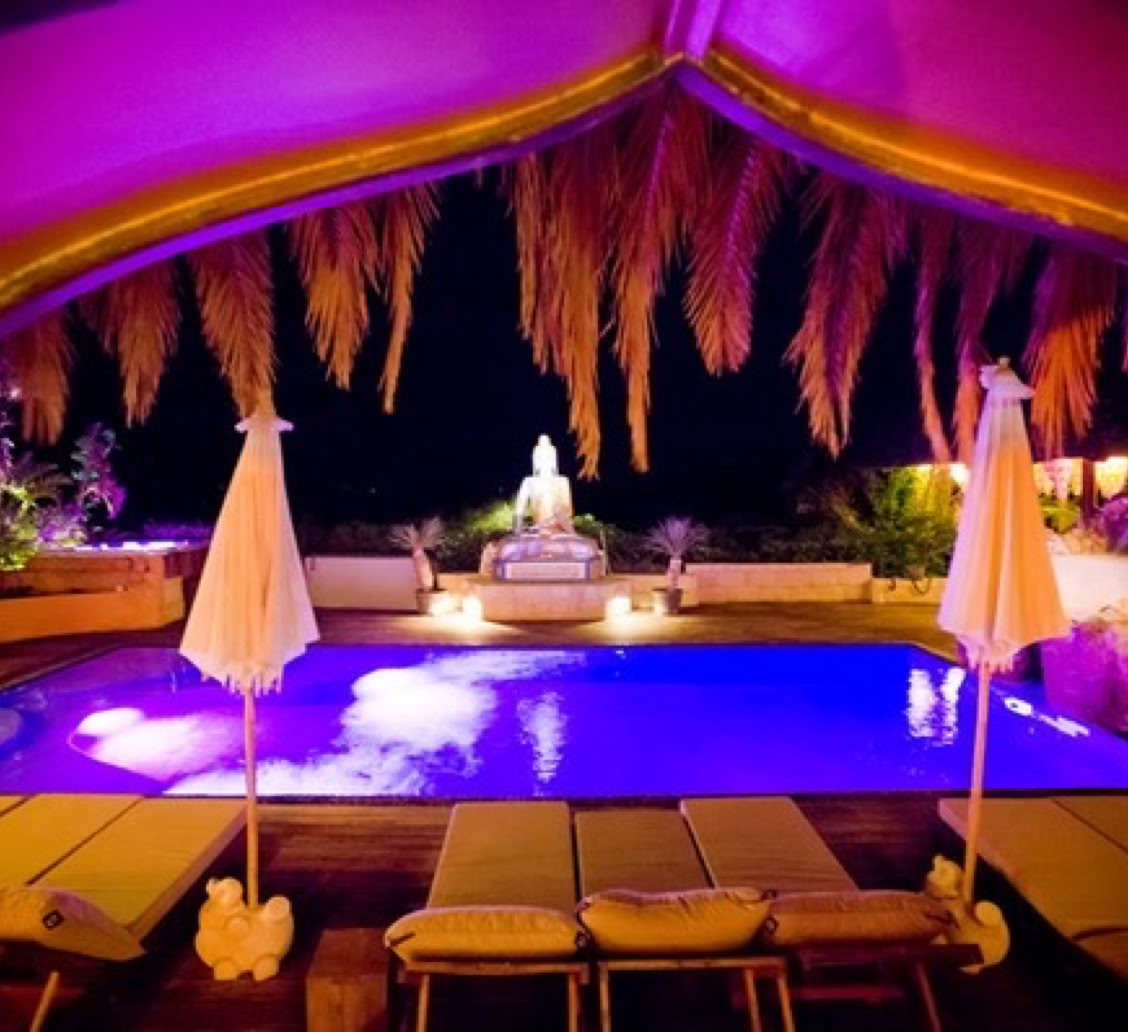HOME * ABOUT * BLOG * PODCAST * SLIDESHARE * TAIKI KANSO * KINTSUGI * TAOISM * BADUANJIN * LONGEVITY * MINDFULNESS * CORPORATE * PERSONAL TRAINING * RETREATS * PROPERTY SHRINK * AGENDA * GALERIES * LINKS * CONTACT * MAILING LIST * PRIVACY POLICY

AI - Nature Retreats - Workshops -Internal Martial arts - Qigong -Meditation - Mindfulness

The Art of Precious Scars: Embracing Kintsugi in Life
Discovering Kintsugi
In Japanese culture, there exists a profound art form and philosophy known as Kintsugi, or the art of precious scars. By repairing broken ceramics with precious metals, Kintsugi breathes new life into shattered pieces, making them even more refined and beautiful through their "scars." This practice teaches us that broken objects are not something to conceal but to display with pride.
A Reflection on Human Scars
This philosophy invites us to ponder how similar we are to these repaired ceramics as humans. Each of us carries scars, mistakes, lessons, and the wisdom gained from navigating life's challenges. How often do we hide the very scars that shape who we are today? Personally and professionally, our current selves are a culmination of the choices, lessons, and mistakes we've encountered along the way. Our scars make us stronger and more beautiful, much like Kintsugi showcases the art of precious scars.
Embracing Authenticity in Today's World
In today's world, being "yourself" is more important than ever. Now is the time to find the strength to let our guards down and embrace authenticity, whether you are a leader, business owner, or an individual striving for personal growth. To survive and thrive in a fast-paced and challenging environment, sharing the scars of our mistakes and challenges can be incredibly powerful.
Turning Mistakes into Guidance
Mistakes and life's hard "gifts" should never define us but instead guide us forward. Instead of dwelling on them, we can map out the lessons we've learned and become lighthouses for others navigating similar paths. As the saying goes, “The scars you share become lighthouses for others who are headed for the same rocks you hit.” Sharing our experiences, framed with good intentions and heartfelt insights, benefits not only ourselves but also those around us.
The Zen of Kintsugi
Kintsugi is deeply rooted in Zen aesthetics, where a well-formed aesthetic discipline emphasizes the beauty in imperfection. Zen art is non-representational, blending natural and human elements seamlessly. Everyday chores, like drinking tea or practicing martial arts such as Taikiken, are elevated to acts of mindfulness and skillful ease. The philosophy of wabi-sabi, which values ordinariness and quietness, celebrates timeless beauty found in simplicity and imperfection.
Wabi-Sabi in Contemporary Design
The notion of wabi-sabi has influenced contemporary homewares and industrial design. Many cafes and homes intentionally incorporate imperfections—cracked walls, exposed beams, concrete floors, and uneven sugar jars. These raw and imperfect elements are highlighted as focal points, celebrating the beauty of scars and the authenticity they bring to a space.
Embrace Your Precious Scars
Just as Kintsugi transforms broken ceramics into masterpieces, embracing our own scars can lead to personal growth and beauty. Let your imperfections shine and inspire others by sharing your journey with authenticity and grace.


